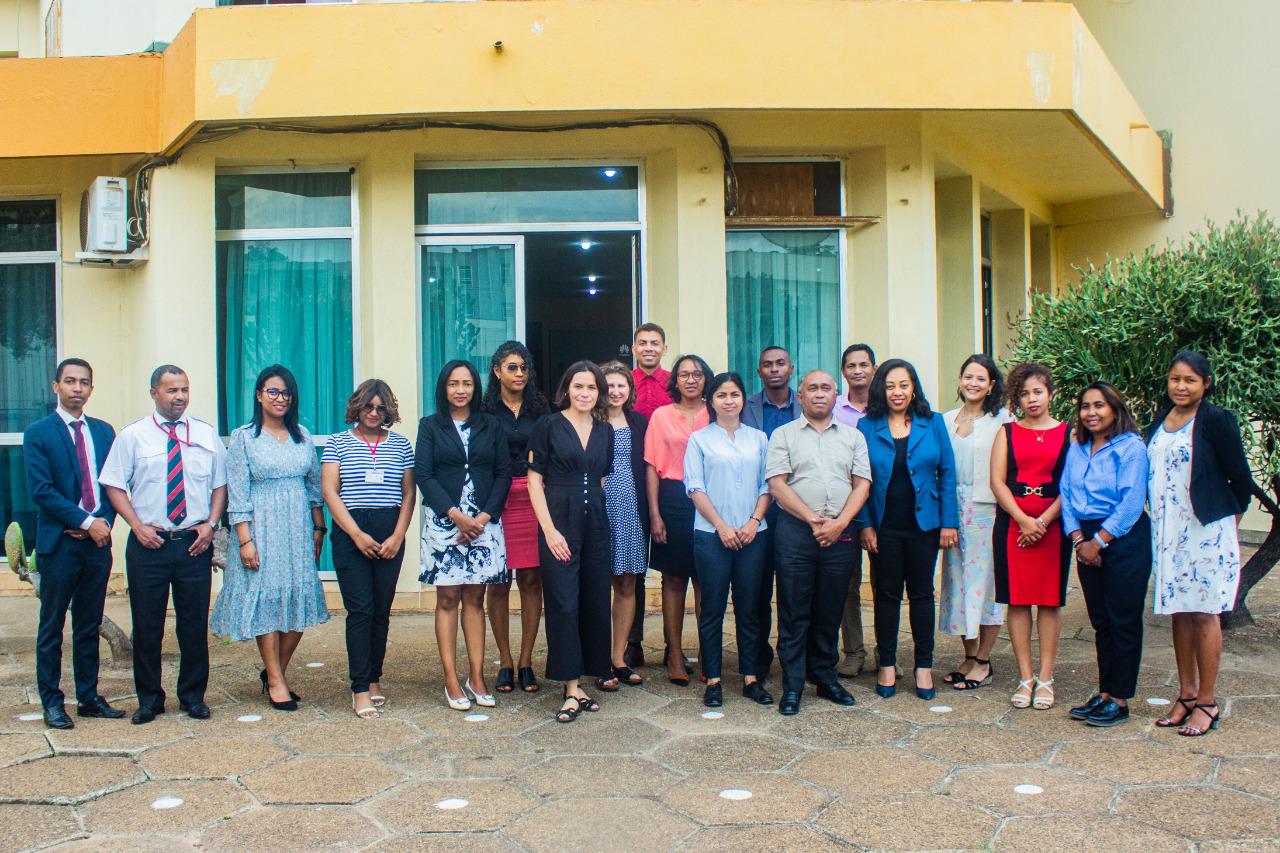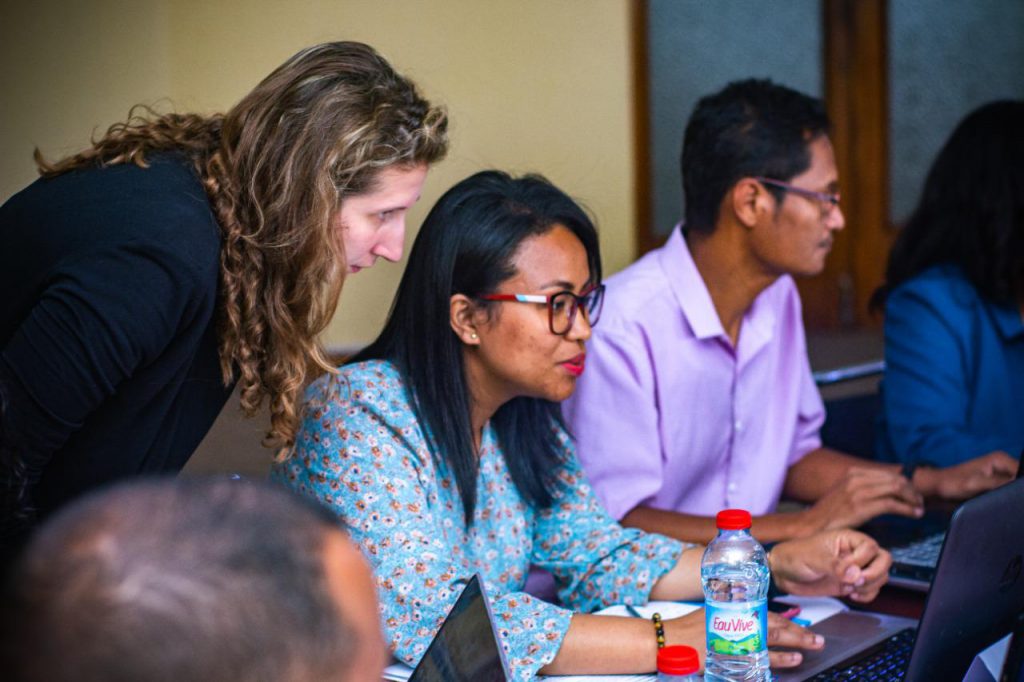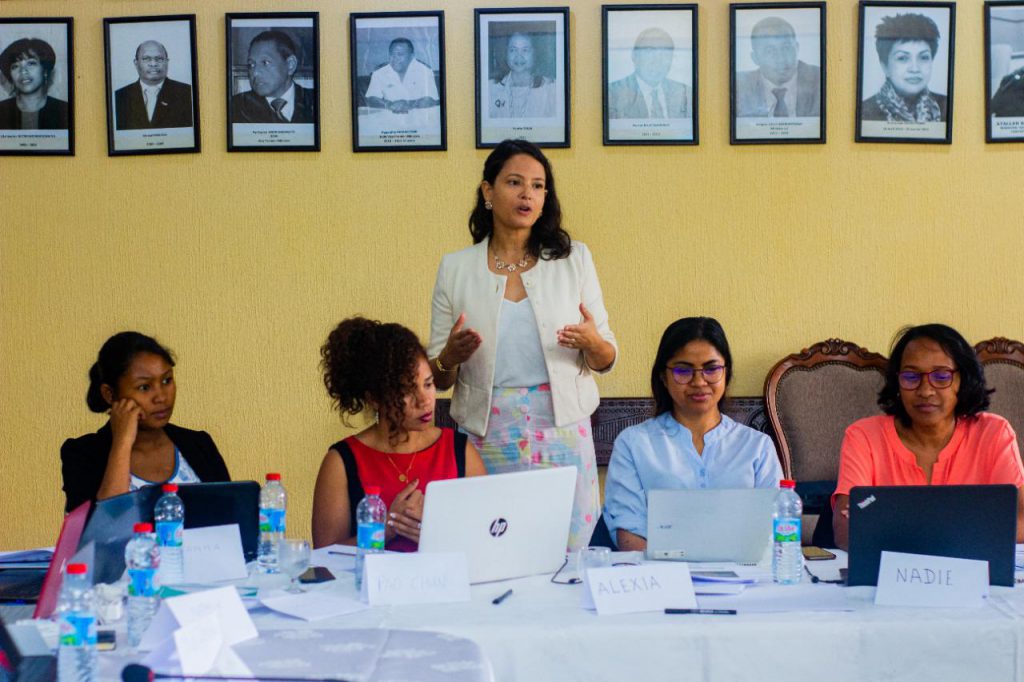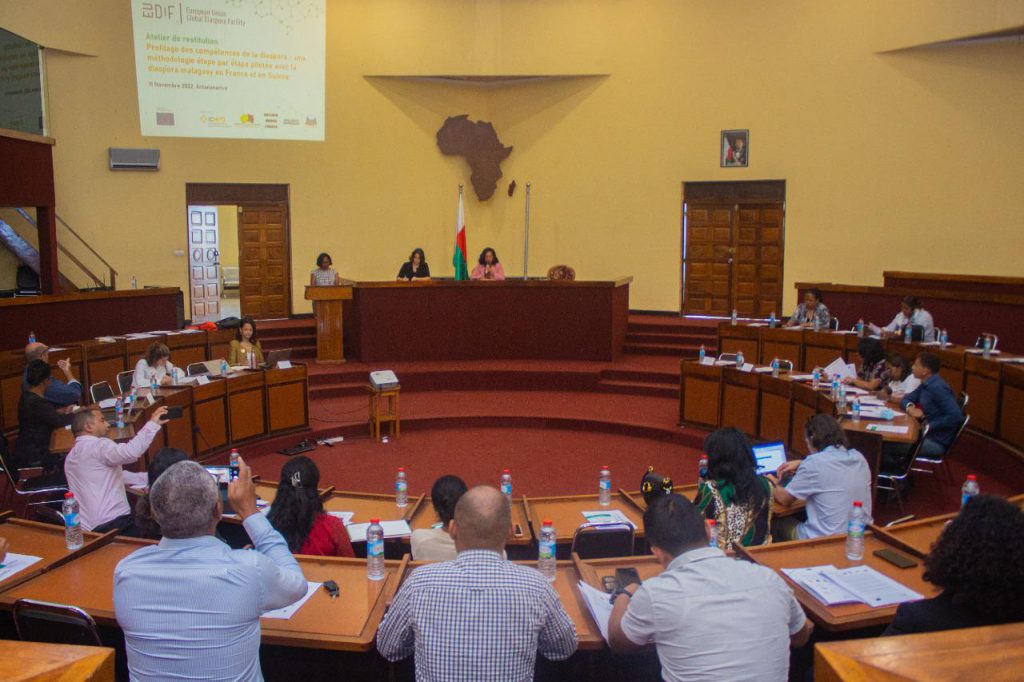
Between 7 and 11 November, we held the final activity of our collaboration with Madagascar’s Directorate of Diaspora and Migration on diaspora skills mapping and profiling, a celebratory moment for Madagascar and a model with great potential for replication.
The diaspora data gap
One of the first needs of countries of origin to engage productively with their diaspora is data. Indeed, whilst the potential of the diaspora for the development of a given country may be considerable, in order to mobilize the skills available it is first necessary to better understand the diaspora’s characteristics. With this in mind, the Malagasy Directorate of Diaspora and Migration Issues requested support from EUDiF.
Madagascar faces a lack of skilled labor, particularly in the area of information and communication technologies, as well as a lack of teachers, particularly in the higher education sector. To address these priorities, the Directorate of Diaspora and Migration Issues has recognised the need to profile the diaspora on a regular basis and to develop the tools and skills to do so. The EUDiF Diaspora Professionals 4 Development action started in 2021 has leveraged diaspora expertise and knowledge to effectively develop and deploy skills profiling methodologies and tools. The research team was composed of experts from the Malagasy diaspora and international experts with a long-standing experience working on development issues in Madagascar. Working with diaspora experts from the civil society has also been key as they played an important role of gatekeepers during the data collection phase.
“Low cost” skills profiling
A driving force of the action was the need to create sustainable, – reusable – tools. Too often, the support provided to governments to gather data on diaspora is shortsighted and involves costly IT tools that are difficult to access once donors withdraw. Our aim was for government authorities to be able to use the tools after the action ends, either to replicate the process in other countries, or to update the collected data in the future. This explains why we chose to design a methodology only using free tools for data collection and analysis. The methodology comprises several phases: elaboration of an online survey, training sessions, data collection using off and online material, data analysis and dissemination of results.
Prioritising participation
Throughout the process, we gave a central place to the Malagasy authorities in the creation and adaptation of tools. The feedback loop between authorities and diaspora professionals has ensured that the finished products are truly effective. Embassies and consulates were also directly involved in the dissemination of the questionnaire and played a key role in data collection.
As well as involving the government authorities in the methodology design, the diaspora professionals delivered complementary capacity development activities to enable the Directorate and embassies/ consulates to strengthen and institutionalise their skills profiling competencies. This will allow them to repeat the exercise autonomously in future.
Bringing it all together in Antananarivo
From 7 to 11 November, the EUDiF team and diaspora professionals conducted a final training for MFA staff to familiarize them with all steps of the skills profiling methodology.
This workshop involved both current staff of the Directorate of Diaspora and Migration issues and officials to be deployed in the upcoming TATsoroka ho an’ny Diaspora (TADY) project. TADY, led by the Ministry of Foreign Affairs of Madagascar, financed by the French Development Agency (AfD) and implemented by Expertise France, aims to mobilize the social, cultural, economic and financial capital of the Diaspora for the development of Madagascar. Their involvement is showing the will to ensure continuity between both initiatives.
Diasporas possess competitive advantages and an undeniable potential to sustain the green economy because of their economic, human and social resources.
Finally, the results of the skills profiling, as well as the methodology used, were presented during a public event. Over 30 attended, representing ministries, NGOs and the private sector. Over 800 diaspora members participated to the survey, making it the largest study ever completed on the Malagasy diaspora. The results of the profiling raised a lot of interest, namely from the private sector, eager to capitalise on the data to better attract the diaspora to transfer their skills back home.
Madagascar and beyond
An online meeting will be organised in mid-December to present the methodology to interested governments. Then in early 2023, a public webinar will be held to present the final results of the Madagascar skills profiling.


